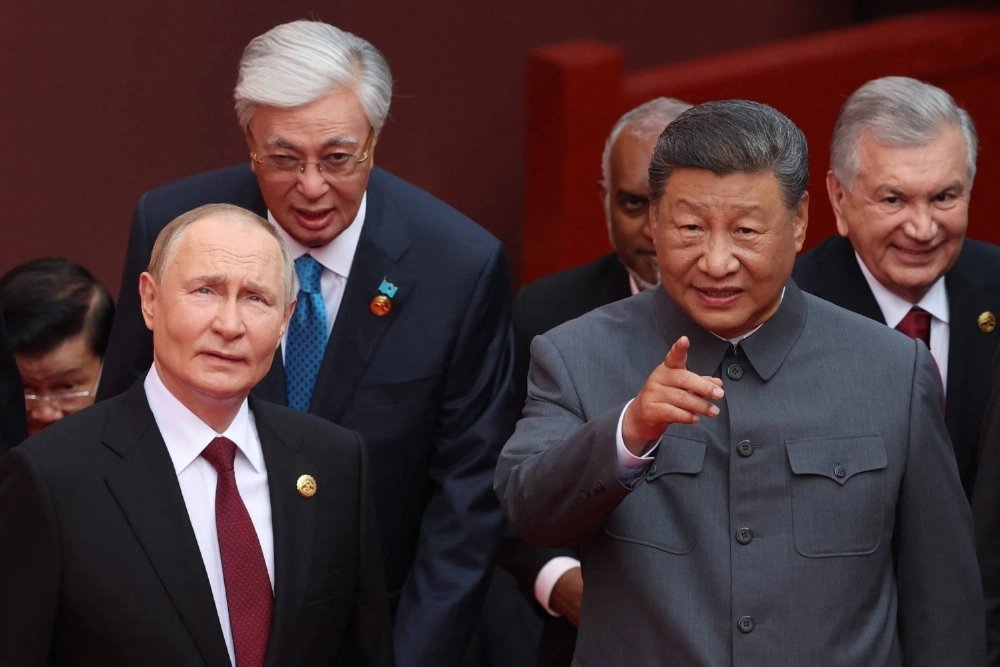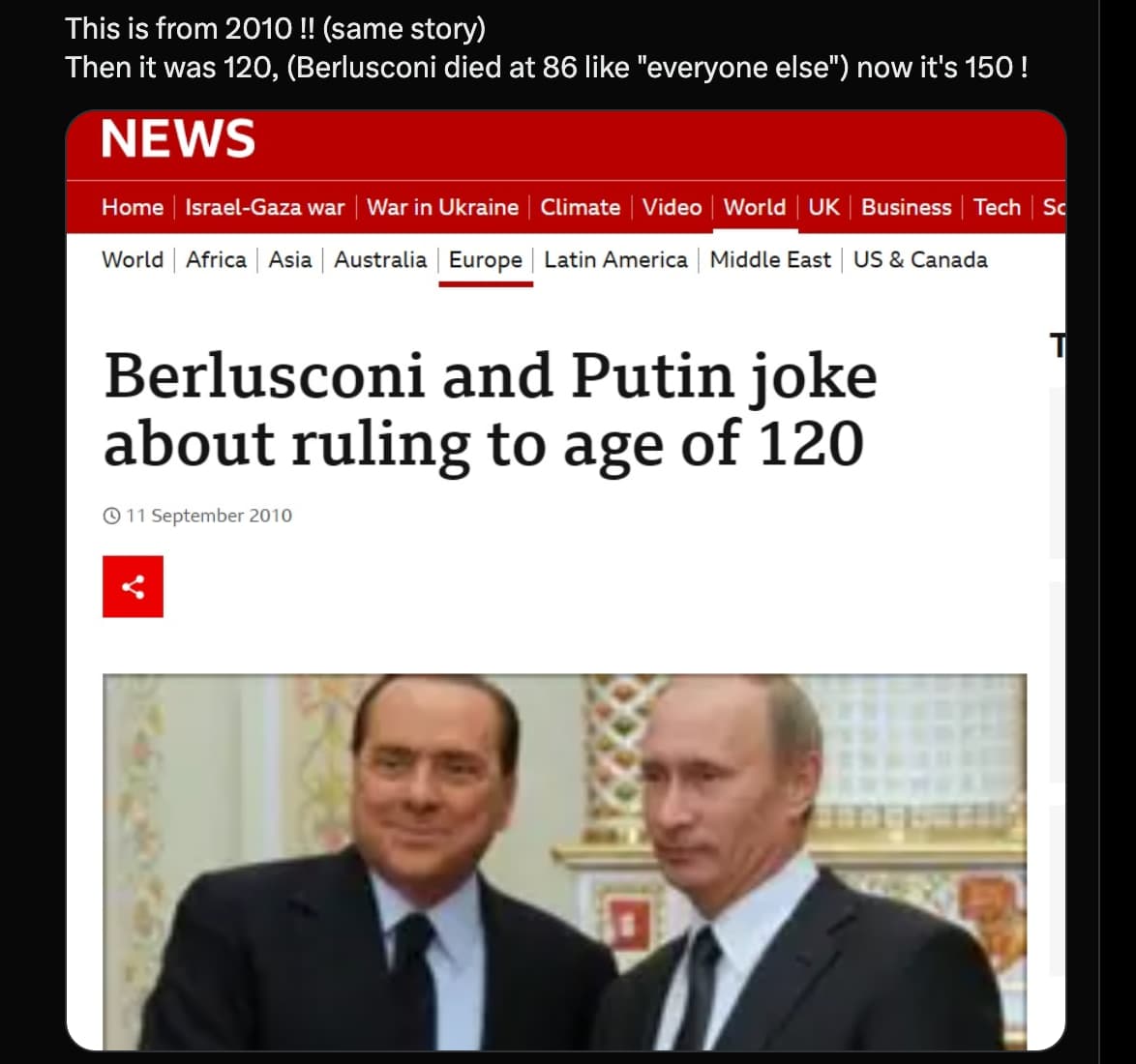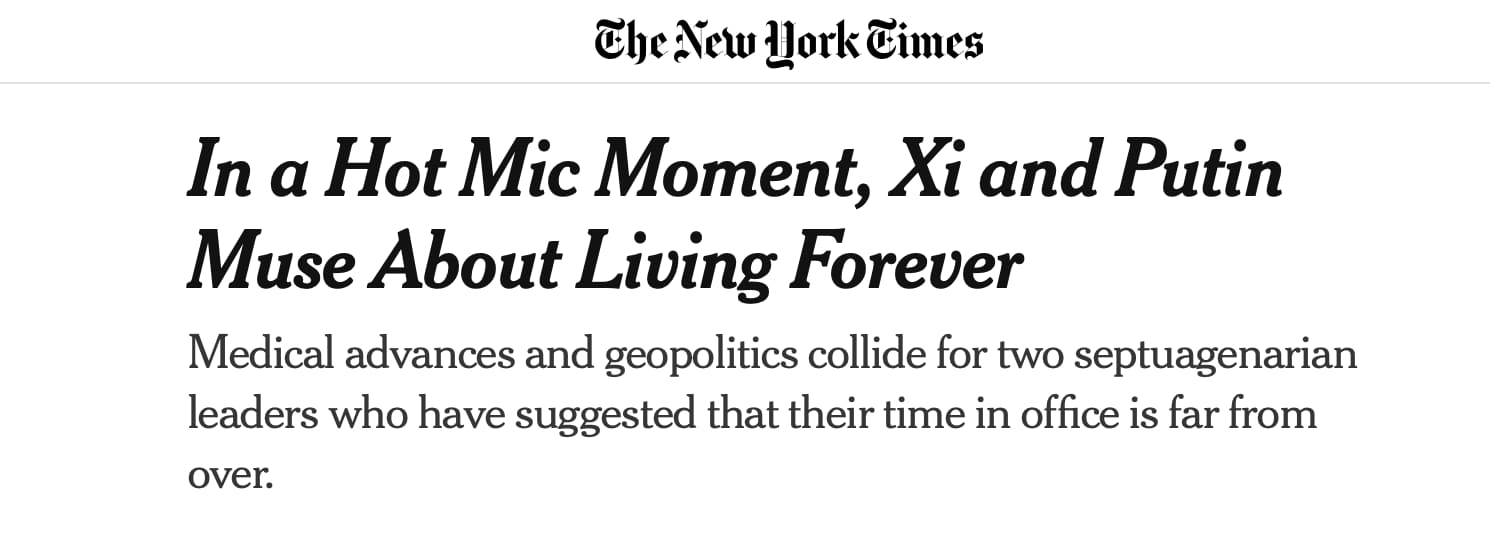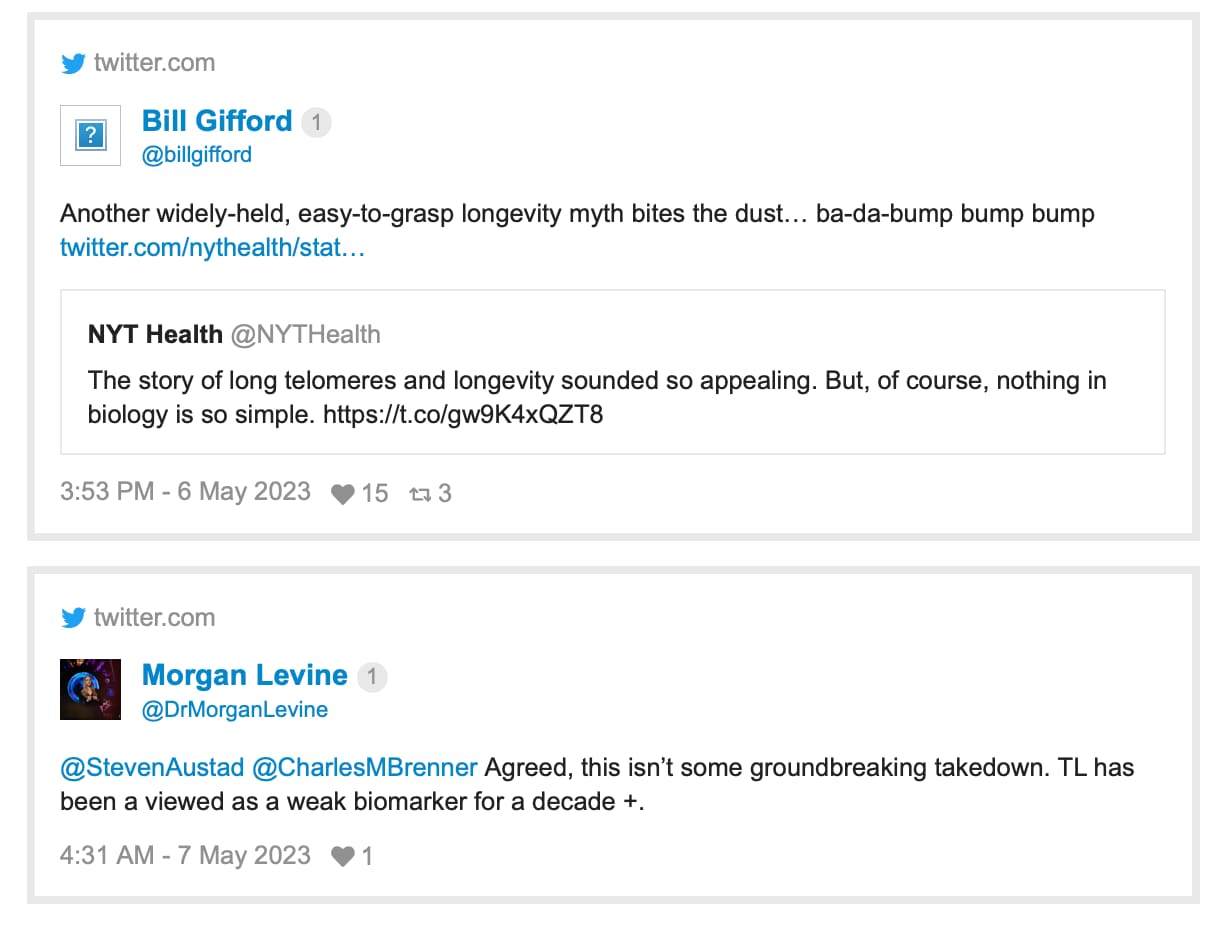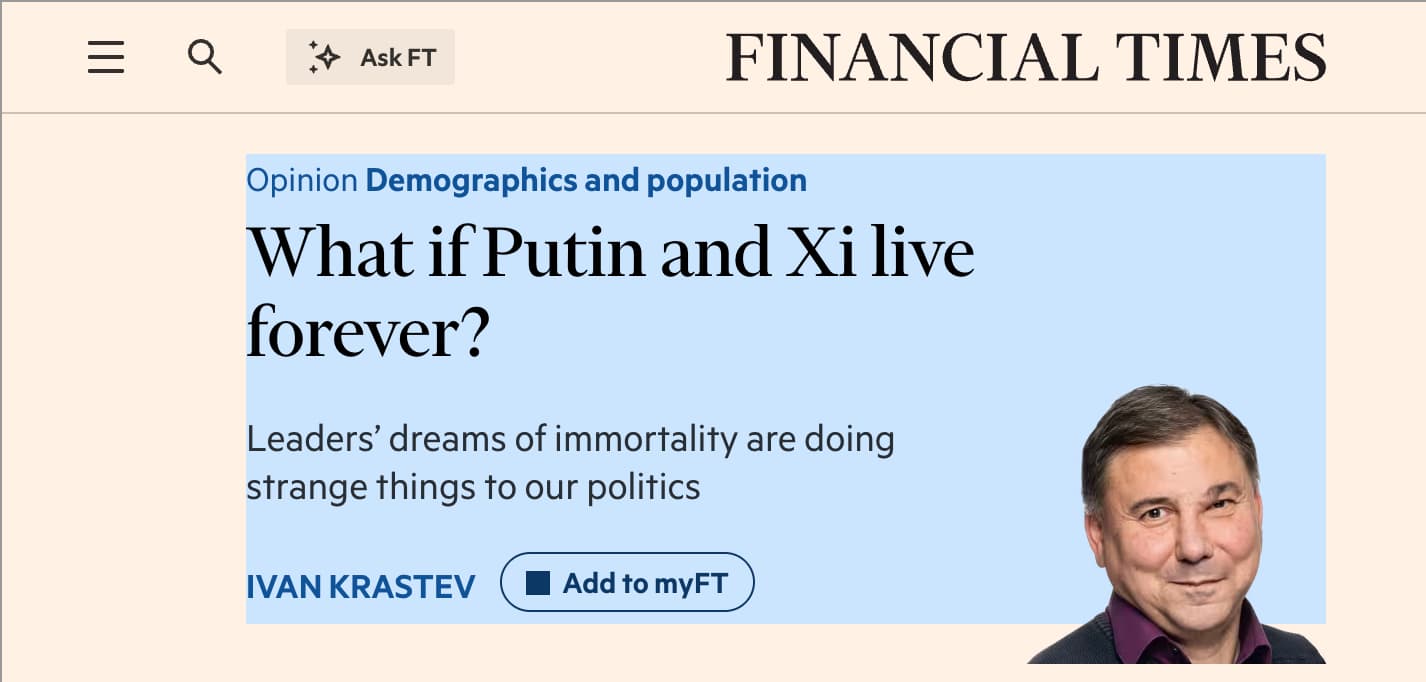MIT Technology Review comments on the story…
(Putin says organ transplants could grant immortality. Not quite. | MIT Technology Review)
Putin says organ transplants could grant immortality. Not quite.
MIT Technology Review by Jessica Hamzelou / Sep 5, 2025 at 5:16 AM
This week I’m writing from Manchester, where I’ve been attending a conference on aging. Wednesday was full of talks and presentations by scientists who are trying to understand the nitty-gritty of aging—all the way down to the molecular level. Once we can understand the complex biology of aging, we should be able to slow or prevent the onset of age-related diseases, they hope.
Then my editor forwarded me a video of the leaders of Russia and China talking about immortality. “These days at 70 years old you are still a child,” China’s Xi Jinping, 72, was translated as saying, according to footage livestreamed by CCTV to multiple media outlets.
“With the developments of biotechnology, human organs can be continuously transplanted, and people can live younger and younger, and even achieve immortality,” Russia’s Vladimir Putin, also 72, is reported to have replied.
There’s a striking contrast between that radical vision and the incremental longevity science presented at the meeting. Repeated rounds of organ transplantation surgery aren’t likely to help anyone radically extend their lifespan anytime soon.
First, back to Putin’s proposal: the idea of continually replacing aged organs to stay young. It’s a simplistic way to think about aging. After all, aging is so complicated that researchers can’t agree on what causes it, why it occurs, or even how to define it, let alone “treat” it.
Having said that, there may be some merit to the idea of repairing worn-out body parts with biological or synthetic replacements. Replacement therapies—including bioengineered organs—are being developed by multiple research teams. Some have already been tested in people. This week, let’s take a look at the idea of replacement therapies.
No one fully understands why our organs start to fail with age. On the face of it, replacing them seems like a good idea. After all, we already know how to do organ transplants. They’ve been a part of medicine since the 1950s and have been used to save hundreds of thousands of lives in the US alone.
And replacing old organs with young ones might have more broadly beneficial effects. When a young mouse is stitched to an old one, the older mouse benefits from the arrangement, and its health seems to improve.
The problem is that we don’t really know why. We don’t know what it is about young body tissues that makes them health-promoting. We don’t know how long these effects might last in a person. We don’t know how different organ transplants will compare, either. Might a young heart be more beneficial than a young liver? No one knows.
And that’s before you consider the practicalities of organ transplantation. There is already a shortage of donor organs—thousands of people die on waiting lists. Transplantation requires major surgery and, typically, a lifetime of prescription drugs that damp down the immune system, leaving a person more susceptible to certain infections and diseases.
So the idea of repeated organ transplantations shouldn’t really be a particularly appealing one. “I don’t think that’s going to happen anytime soon,” says Jesse Poganik, who studies aging at Brigham and Women’s Hospital in Boston and is also in Manchester for the meeting.
Poganik has been collaborating with transplant surgeons in his own research. “The surgeries are good, but they’re not simple,” he tells me. And they come with real risks. His own 24-year-old cousin developed a form of cancer after a liver and heart transplant. She died a few weeks ago, he says.
So when it comes to replacing worn-out organs, scientists are looking for both biological and synthetic alternatives.
We’ve been replacing body parts for centuries. Wooden toes were used as far back as the 15th century. Joint replacements have been around for more than a hundred years. And major innovations over the last 70 years have given us devices like pacemakers, hearing aids, brain implants, and artificial hearts.
Scientists are exploring other ways to make tissues and organs, too. There are different approaches here, but they include everything from injecting stem cells to seeding “scaffolds” with cells in a lab.
In 1999, researchers used volunteers’ own cells to seed bladder-shaped collagen scaffolds. The resulting bioengineered bladders went on to be transplanted into seven people in an initial trial.
Now scientists are working on more complicated organs. Jean Hébert, a program manager at the US government’s Advanced Research Projects Agency for Health, has been exploring ways to gradually replace the cells in a person’s brain. The idea is that, eventually, the recipient will end up with a young brain.
Hébert showed my colleague Antonio Regalado how, in his early experiments, he removed parts of mice’s brains and replaced them with embryonic stem cells. That work seems a world away from the biochemical studies being presented at the British Society for Research on Ageing annual meeting in Manchester, where I am now.
On Wednesday, one scientist described how he’d been testing potential longevity drugs on the tiny nematode worm C. elegans. These worms live for only about 15 to 40 days, and his team can perform tens of thousands of experiments with them. About 40% of the drugs that extend lifespan in C. elegans also help mice live longer, he told us.
To me, that’s not an amazing hit rate. And we don’t know how many of those drugs will work in people. Probably less than 40% of that 40%.
Other scientists presented work on chemical reactions happening at the cellular level. It was deep, basic science, and my takeaway was that there’s a lot aging researchers still don’t fully understand.
It will take years—if not decades—to get the full picture of aging at the molecular level. And if we rely on a series of experiments in worms, and then mice, and then humans, we’re unlikely to make progress for a really long time. In that context, the idea of replacement therapy feels like a shortcut.
“Replacement is a really exciting avenue because you don’t have to understand the biology of aging as much,” says Sierra Lore, who studies aging at the University of Copenhagen in Denmark and the Buck Institute for Research on Aging in Novato, California.
Lore says she started her research career studying aging at the molecular level, but she soon changed course. She now plans to focus her attention on replacement therapies. “I very quickly realized we’re decades away [from understanding the molecular processes that underlie aging],” she says. “Why don’t we just take what we already know—replacement—and try to understand and apply it better?”
So perhaps Putin’s straightforward approach to delaying aging holds some merit. Whether it will grant him immortality is another matter.
